Elevate your game
The world's top teams, coaches, and athletes are leveraging a powerful yet often overlooked competitive edge: THE BRAIN. In today’s competitive sports environment, raw talent and physical ability aren't enough. Split-second decisions, laser focus, and fast reaction time are what separate good athletes from elite performers. Mastermind Cognitive Training is built to sharpen those skills—giving athletes the mental edge they need to level up their performance.
why train with mastermind?
Mastermind combines cutting-edge neuroscience, eye-strengthening protocols, and immersive technology to help athletes achieve peak performance in practice, in games, and in life. By enhancing the core cognitive systems that fuel athletic performance, every training session improves how athlete’s intake and process input, make quick decisions, and respond in high-speed environments. With Mastermind, the sky’s the limit!
The Mastermind Cognitive Training program is designed offering an array of key features and functions that navigate you to success, including:
- Self-guided user interface, easy to use
- Designed to auto adapt for all ages and skill levels
- Initial and ongoing performance assessments
- 39 gamified brain training games that auto adapt to your skill level
- 5 eye movement protocols to improve tracking, attention, and visual speed
- Guided meditation and breathing control program
You can now easily access intensive cognitive training instantly with just a click of an app on virtual reality, tablet, or mobile phone platforms. Mastermind is the most expansive brain performance program available.


how it works
Cognitive training enhances your brain’s performance similarly to how physical training builds muscle—through isolation, overload, and repetition. This approach maximizes your cognitive abilities, just as traditional training maximizes your physical capabilities.
The science behind cognitive training is called neuroplasticity, which is the ability to reorganize and create new, more efficient, neural connections and pathways in the brain. This capability is crucial for processing and reacting to information, learning, and general brain health.
The more you train, the better the results, on and off the field.

what are the benefits?
What Are The Benefits?
The Mastermind Cognitive Training program is crafted to elevate the essential skills required for peak performance in sports and other aspects of life. Athletes require a well-balanced blend of brain skills and physical action to thrive. The program works to make your brain perform faster, and more efficiently, raising the ceiling on your potential. Skills developed include: (each with write up from the website skills section)
- Focus & Attention
- Visual Processing
- Auditory Processing
- Reaction Time
- Multi-Object Tracking
- Response Inhibition
- Rhythm & Timing
- Hand-Eye Coordination
- Eye Control & and Movement
- Memory & Recognition
- Decisions Making
Imagine the competitive edge you gain by improving these critical skills. It is time to build your brain and dominate your game!
What is your sport?

Baseball
In baseball, split-second decisions can determine the outcome of a game. By engaging in cognitive exercises, players can sharpen their focus, improve their ability to anticipate plays, and adapt to changing game situations more effectively. For example, a batter needs to quickly assess the type and speed of a pitch, decide whether to swing, and adjust based on the pitch location—all within milliseconds. Similarly, infielders must anticipate the trajectory of a hit ball and decide where to position themselves for the most effective play. By integrating cognitive training into their practice routines, baseball players can gain a competitive edge and perform at their best when it matters most.
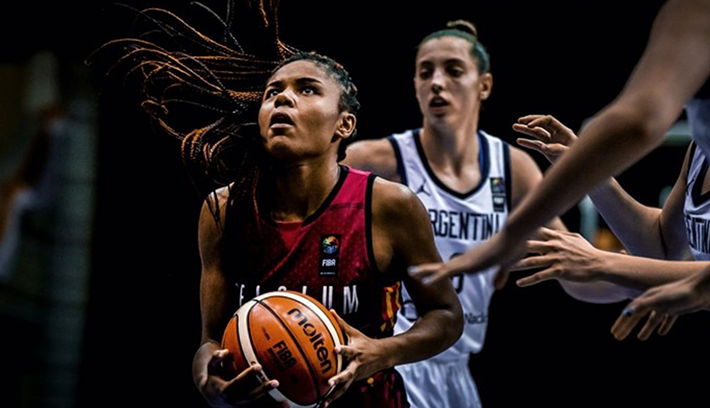
Basketball
Basketball is a fast-paced sport that demands split-second decisions and adaptability to dynamic situations on the court. Cognitive training helps players anticipate opponents' moves, make strategic decisions under pressure, and execute plays with precision. For instance, a point guard must quickly assess defensive formations, anticipate passing lanes, and make split-second decisions to distribute the ball effectively. Similarly, defenders need sharp cognitive skills to anticipate offensive plays, intercept passes, and block shots. By incorporating cognitive training into their practice regimen, basketball players can elevate their performance, enhance their basketball IQ, and contribute more effectively to their team's success.

Football
In football, players must quickly analyze complex situations, anticipate opponents' moves, and execute strategies with precision. Quarterbacks, for example, rely heavily on cognitive skills to read defenses, identify open receivers, and make split-second passing decisions. Similarly, defensive players need sharp cognitive abilities to recognize offensive formations, anticipate plays, and react swiftly to disrupt the opponent's offense. Furthermore, cognitive training helps players maintain focus throughout the game, leading to fewer mental errors and better overall performance on the field. By integrating cognitive training into their training regimen, football players can gain a competitive edge and excel in high-pressure situations during games.
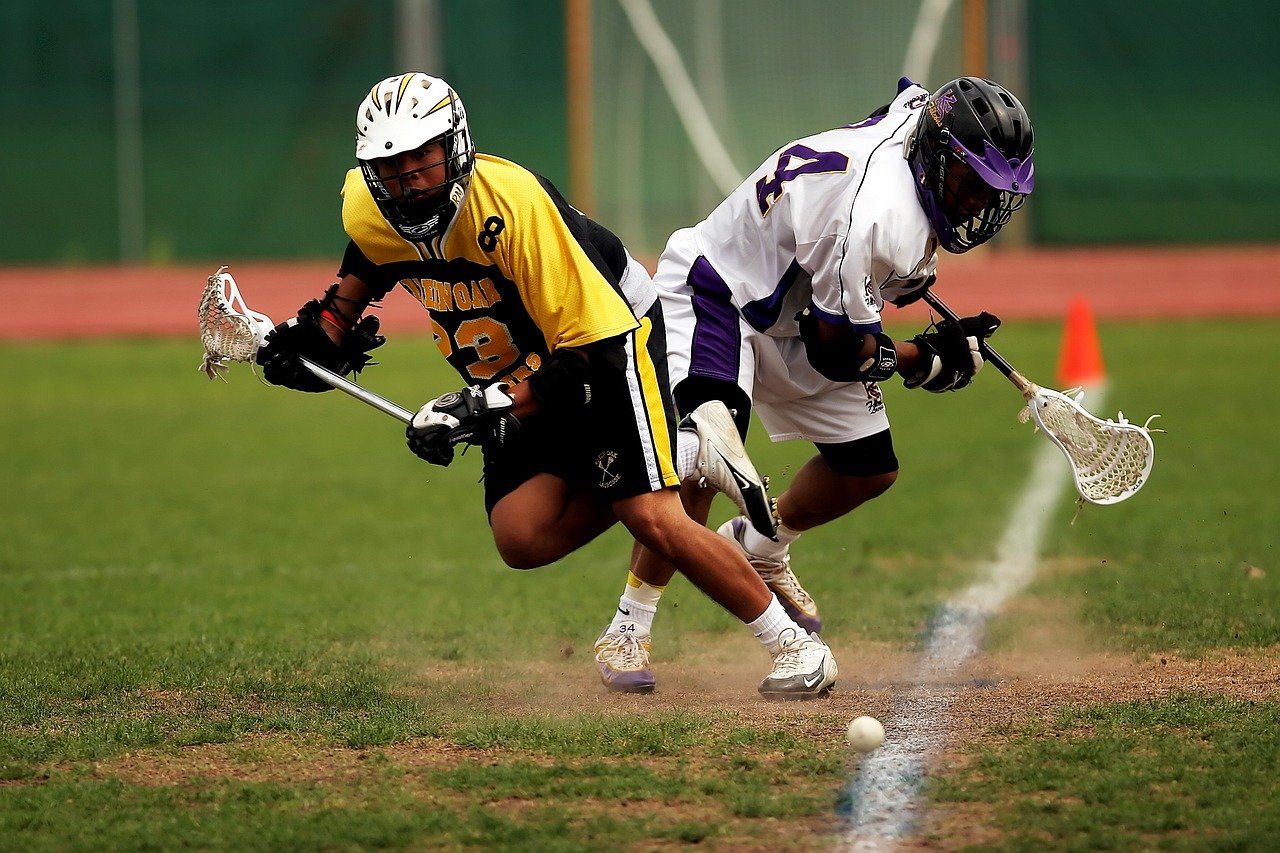
Lacrosse
In lacrosse, players must rapidly assess and respond to evolving situations, requiring keen cognitive abilities. For instance, attackers need to quickly recognize defensive shifts, identify openings in the defense, and make split-second decisions to shoot or pass the ball. Defenders, on the other hand, rely on cognitive skills to anticipate offensive strategies, intercept passes, and disrupt opposing players' movements. Additionally, midfielders must possess strong cognitive abilities to transition between offensive and defensive roles seamlessly while maintaining awareness of their surroundings. By incorporating cognitive training into their practice routines, lacrosse players can improve their reaction times, enhance their decision-making processes, and ultimately elevate their performance on the field.
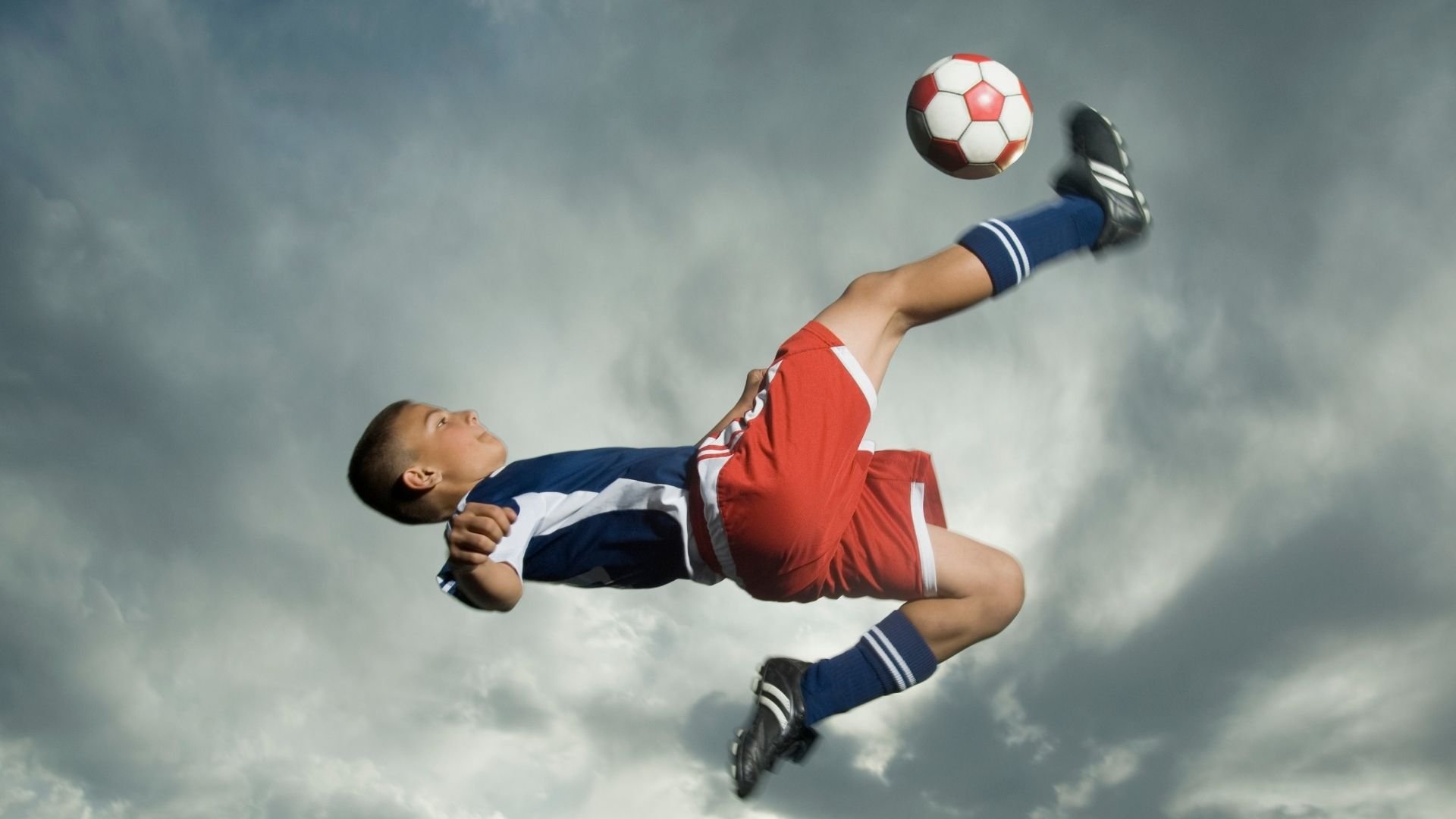
Soccer
In soccer, where split-second decisions can sway the course of a match, cognitive skills are paramount. For instance, midfielders need to quickly assess the movement of both teammates and opponents, anticipate passing lanes, and make precise passes under pressure. Defenders must possess sharp cognitive abilities to anticipate the movements of opposing attackers, intercept passes, and position themselves effectively to thwart scoring opportunities. Similarly, strikers rely on cognitive skills to read the defense, exploit gaps in the opponent's backline, and execute well-timed runs to create scoring chances. By incorporating cognitive training into their training routines, soccer players can sharpen their mental acuity, improve their decision-making under pressure, and perform at their best in critical moments during matches.
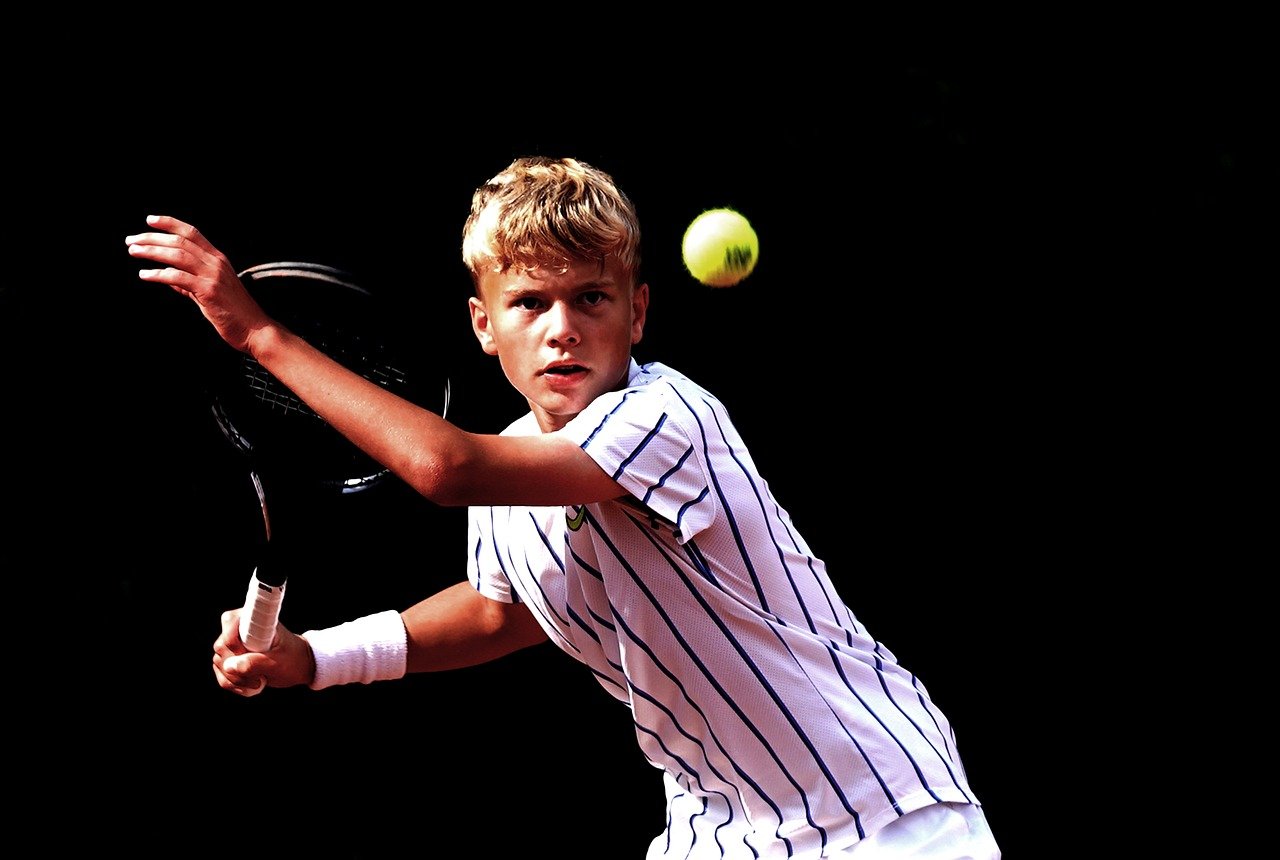
Tennis
In tennis, players must continuously assess their opponent's strategy, anticipate shot placement, and adapt their own game plan accordingly. For instance, a player receiving a serve must quickly analyze the speed, spin, and trajectory of the ball to decide how to return it effectively. Similarly, during rallies, players must anticipate their opponent's next shot while also planning their own. Furthermore, maintaining focus and composure during long matches or crucial points requires strong cognitive control. By incorporating cognitive training into their practice routines, tennis players can improve their ability to read the game, make strategic decisions under pressure, and maintain mental sharpness throughout intense matches.

Volleyball
In volleyball, where split-second reactions can influence the outcome of a rally, cognitive skills are crucial. For instance, players must quickly assess the trajectory of the ball, anticipate their opponent's moves, and position themselves for an effective pass, set, or spike. Additionally, blockers need sharp cognitive abilities to read the opponent's hitting tendencies, anticipate where the ball will be played, and execute well-timed blocks. Furthermore, setters rely on cognitive skills to analyze the opposing team's defense, make split-second decisions on where to set the ball, and orchestrate offensive plays. By incorporating cognitive training into their practice routines, volleyball players can sharpen their mental acuity, improve their decision-making under pressure, and excel in competitive game situations.

Boxing/MMA
In these combat sports, success often hinges on the fighter's mental acuity and ability to read their opponent's intentions. For example, fighters must quickly analyze their opponent's fighting style, anticipate punches or kicks, and respond with effective defensive maneuvers or counterattacks. Additionally, cognitive training helps fighters maintain focus and composure under extreme physical and mental stress, allowing them to adapt their tactics and exploit openings in their opponent's defense. By incorporating cognitive training into their preparation regimen, boxers and MMA fighters can enhance their overall performance, increase their tactical awareness, and gain a competitive edge inside the ring or cage.
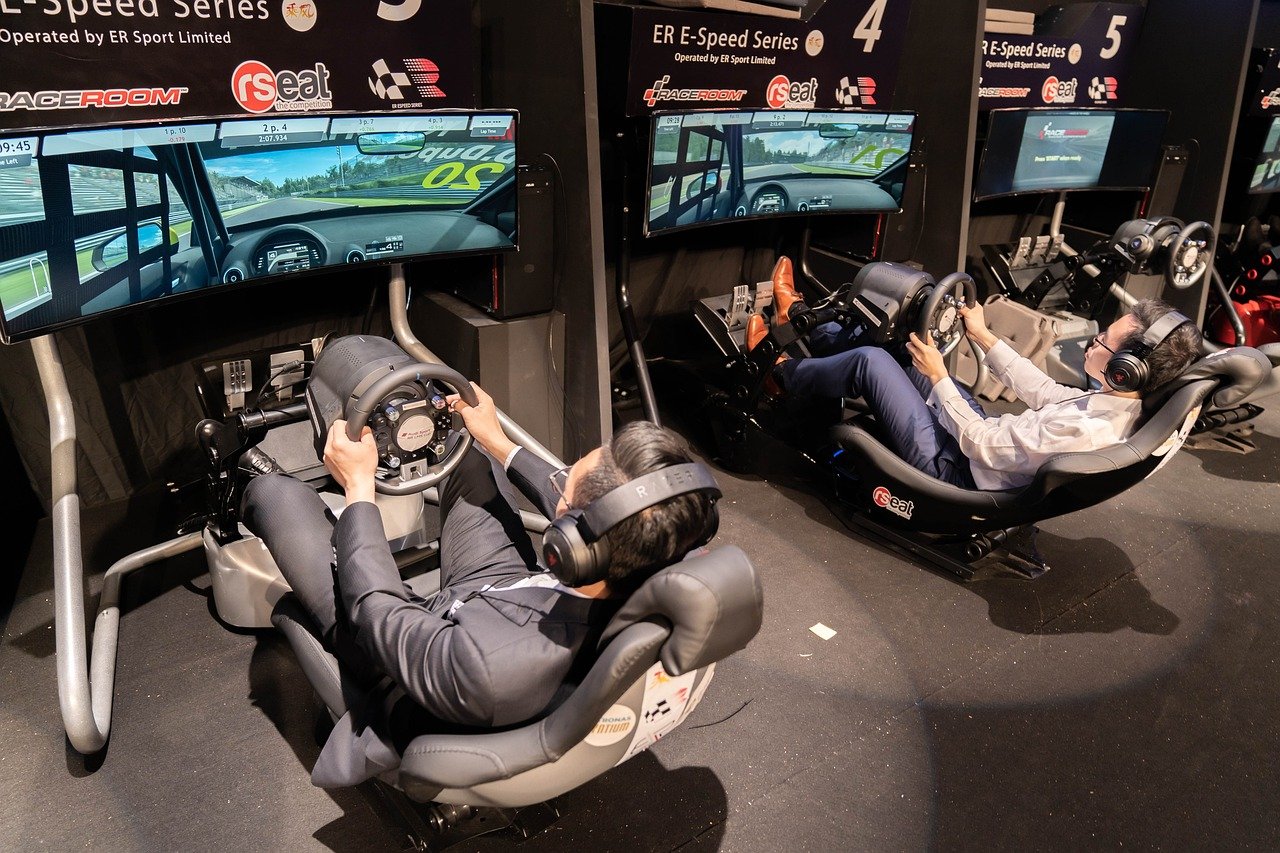
eSports
In eSports, players must rapidly process information, anticipate opponents' strategies, and execute precise actions within milliseconds. For example, in fast-paced games like first-person shooters (FPS) or real-time strategy (RTS) games, players need sharp cognitive skills to track multiple moving targets, coordinate team movements, and make split-second decisions on weapon selection or resource management. Similarly, in multiplayer online battle arena (MOBA) games, players rely on cognitive abilities to analyze the game state, anticipate enemy movements, and coordinate with teammates to secure objectives or execute team fights effectively. By engaging in cognitive training exercises, eSports players can sharpen their mental acuity, enhance their reflexes, and elevate their performance to compete at the highest levels of professional gaming.
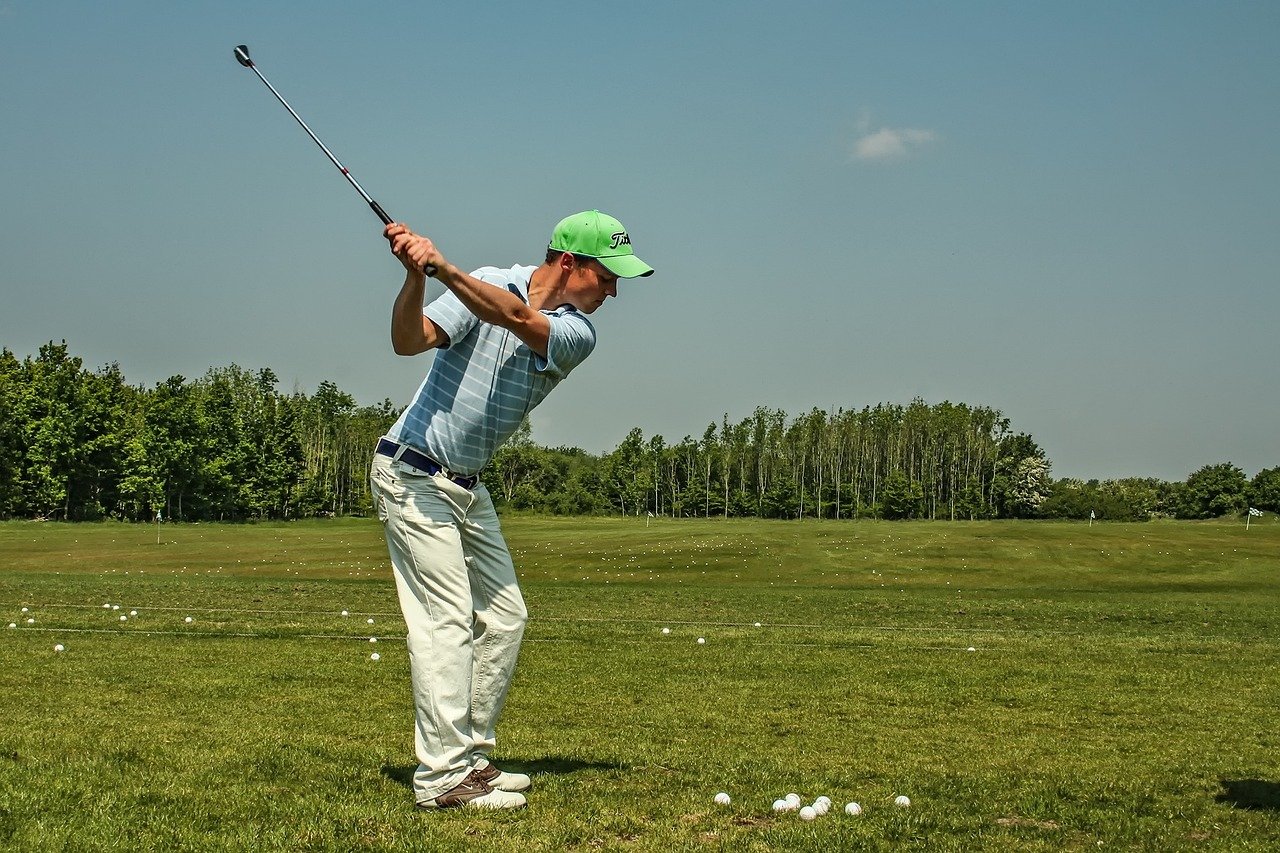
Golf
In golf, success depends not only on physical skill but also on mental fortitude and decision-making under pressure. For example, golfers must analyze course conditions, assess shot distances, and consider factors such as wind speed and direction before selecting the appropriate club and executing a shot. Additionally, cognitive skills are crucial in maintaining focus and managing emotions after a poor shot or during critical moments in a tournament. By engaging in cognitive training exercises, golfers can improve their ability to visualize shots, adapt to changing course conditions, and maintain mental resilience during competitive rounds, ultimately leading to better overall performance on the course.

Hockey
In hockey, where split-second decisions can determine the outcome of a play or game, cognitive skills are vital. For example, players must quickly assess the movement of opponents and teammates, anticipate passing lanes, and make precise passes or shots under pressure. Defenders rely on cognitive abilities to anticipate offensive plays, intercept passes, and position themselves effectively to block shots or disrupt the opponent's offense. Additionally, goaltenders need sharp cognitive skills to track the puck, anticipate shots, and react swiftly to make saves. By incorporating cognitive training into their practice routines, hockey players can sharpen their mental acuity, improve their decision-making under pressure, and excel in competitive game situations.
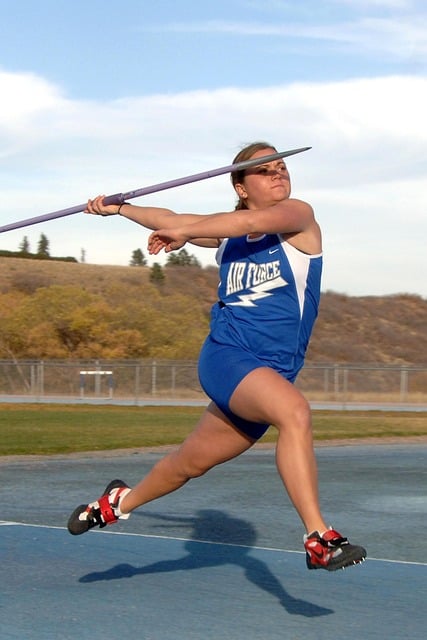
Track and Field
In track and field events such as sprints, hurdles, and long jumps, athletes must maintain mental clarity and execute precise movements with speed and accuracy. For example, sprinters rely on cognitive skills to anticipate the starting gun, react swiftly to the sound, and maintain proper form throughout the race. Hurdlers must assess the spacing and height of hurdles, adjust their stride length, and time their jumps perfectly to clear each obstacle. Similarly, long jumpers need sharp cognitive abilities to calculate their approach speed, adjust their takeoff angle, and maximize their distance while landing safely. By incorporating cognitive training into their preparation routines, track and field athletes can improve their mental resilience, enhance their performance consistency, and achieve greater success on the track.
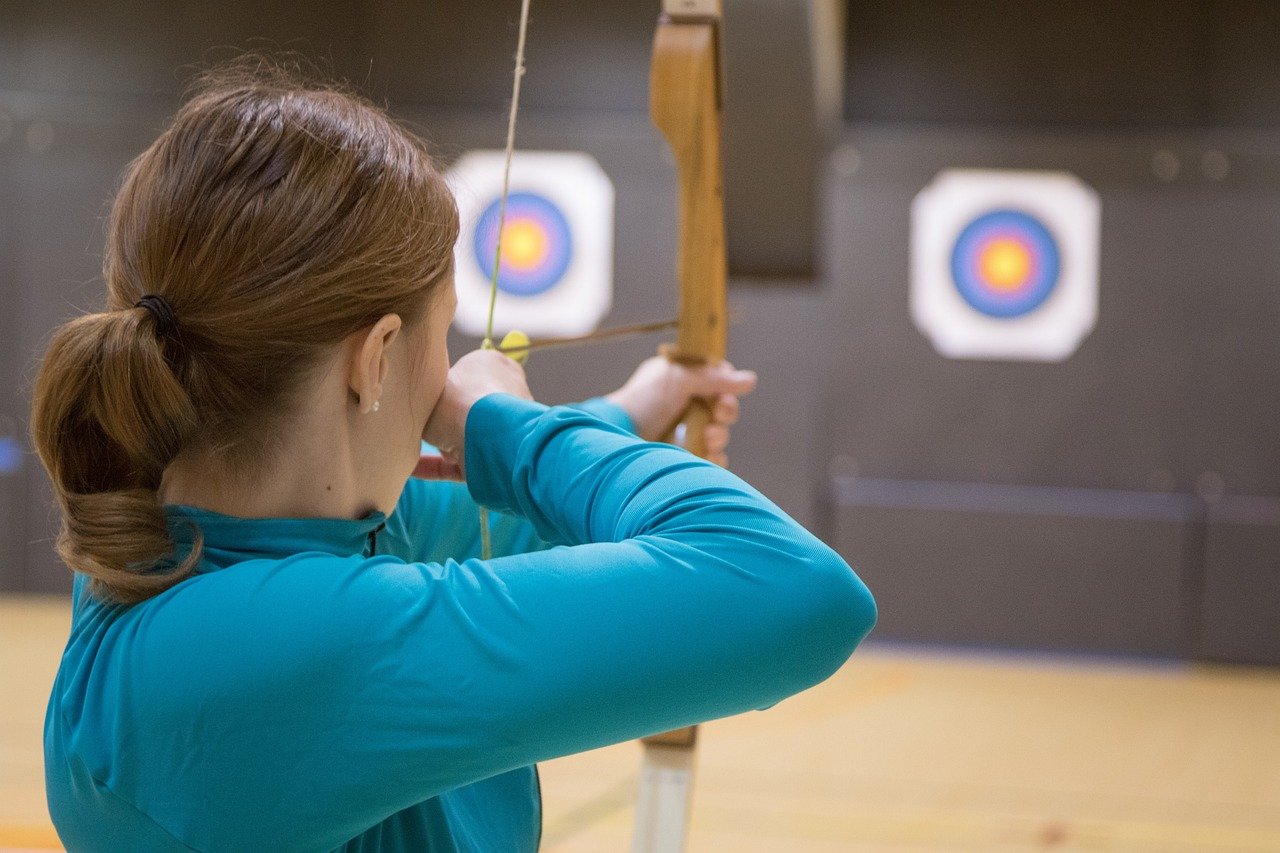
Target Sports
In target sports such as archery, shooting, and darts, success hinges on precision and concentration. Athletes must maintain intense focus while blocking out distractions, analyze environmental factors such as wind speed and direction, and make split-second adjustments to their aim and technique. For instance, in archery, athletes must mentally visualize their shot sequence, regulate their breathing, and execute precise releases to hit the target accurately. Similarly, shooters in disciplines like rifle or pistol shooting rely on cognitive skills to control their breathing, maintain steady aim, and time their shots effectively. By engaging in cognitive training exercises, athletes in target sports can enhance their mental acuity, improve their consistency, and perform at their best when it matters most in competition.
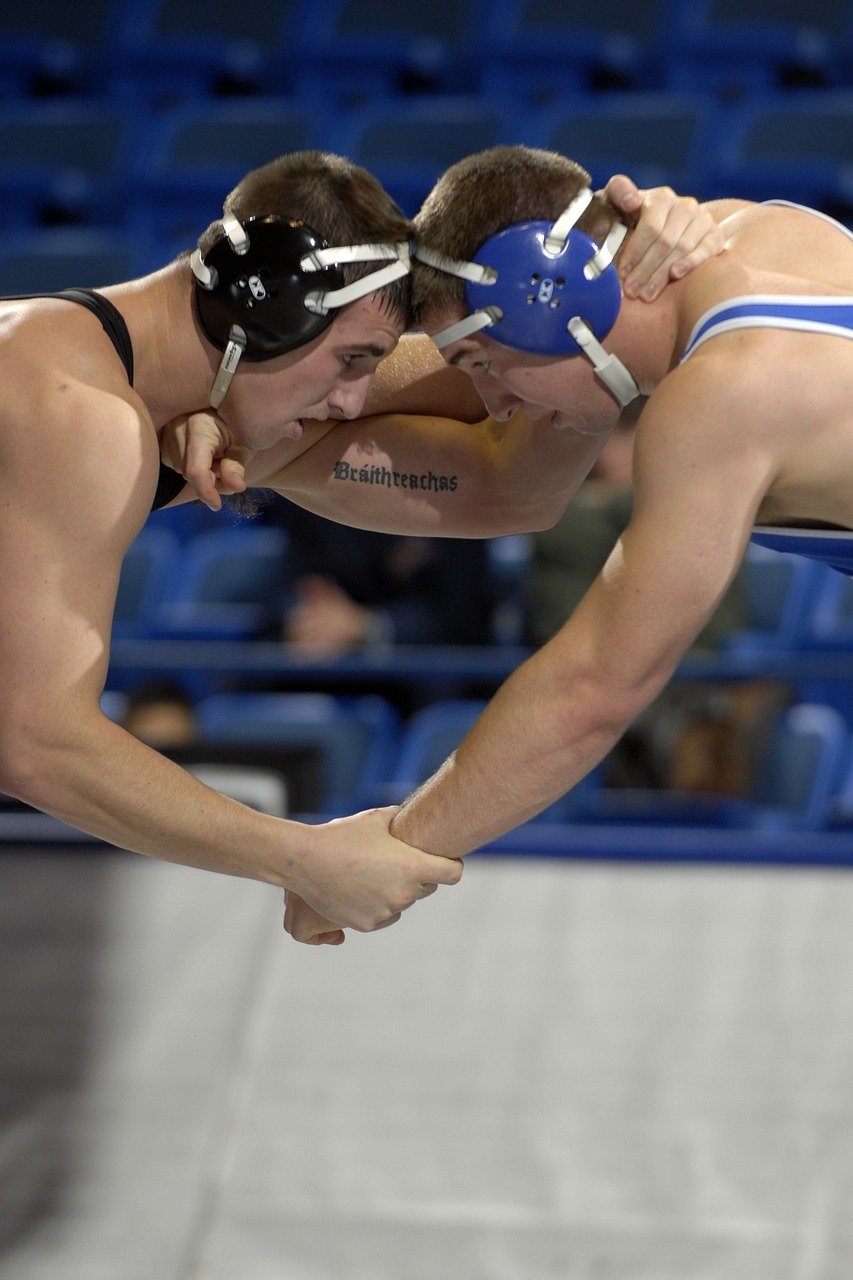
Wrestling
In wrestling, where success often hinges on quick thinking and precise execution, cognitive skills play a crucial role. Wrestlers must analyze their opponent's stance and movements, anticipate potential takedowns or escapes, and adapt their strategies accordingly in real-time. For instance, wrestlers need to make split-second decisions about whether to shoot for a takedown, counter an opponent's attack, or transition to a different grappling technique based on their opponent's actions. Additionally, cognitive training helps wrestlers stay composed under pressure, allowing them to remain focused on their game plan and react effectively to their opponent's maneuvers. By incorporating cognitive training into their training regimen, wrestlers can sharpen their mental acuity, improve their reaction times, and ultimately perform at their best on the mat.
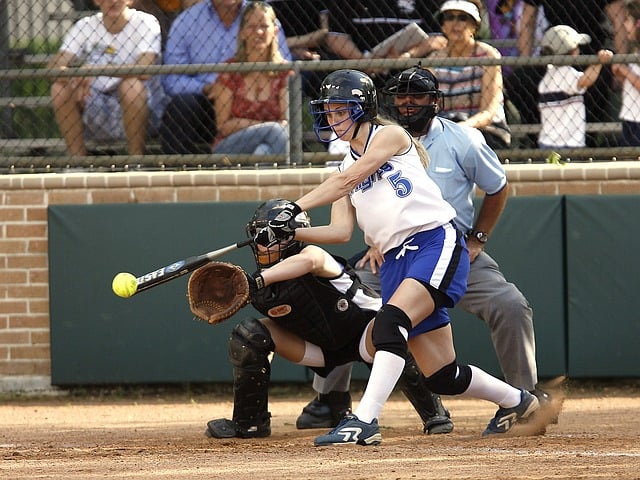
Softball
In softball, where split-second reactions can determine the outcome of a play, cognitive skills play a crucial role. For example, batters must rapidly assess the pitch trajectory, recognize pitch types, and decide whether to swing or take a pitch—all within milliseconds. Infielders need sharp cognitive abilities to anticipate the direction of ground balls, make quick decisions on whether to field or throw, and react swiftly to base runners' movements. Additionally, outfielders rely on cognitive skills to track fly balls, judge their trajectory, and position themselves for optimal catches. By incorporating cognitive training into their practice routines, softball players can enhance their overall performance, improve their decision-making abilities, and excel in competitive game situations.

Swimming
In swimming, where races can be won or lost by fractions of a second, cognitive skills play a crucial role in achieving optimal performance. Swimmers must monitor their stroke technique, pace themselves appropriately, and adjust their strategy based on competitors and race conditions. For example, during a freestyle race, swimmers must constantly monitor their breathing pattern, adjust their stroke rate to maintain speed, and anticipate when to execute a final surge towards the finish. Additionally, cognitive training helps swimmers stay mentally resilient during long training sessions and competitive races, enabling them to overcome fatigue and maintain mental sharpness throughout. By incorporating cognitive training into their preparation routines, swimmers can enhance their ability to make split-second decisions, optimize their race performance, and achieve their competitive goals in the pool.
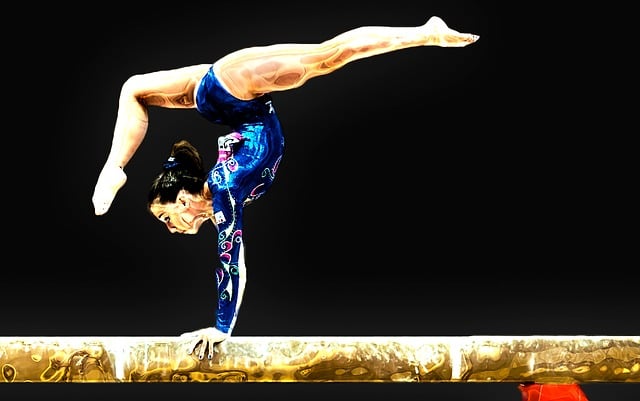
Gymnastics
In gymnastics, where precision and timing are paramount, cognitive skills play a crucial role in mastering complex routines and performing them flawlessly. For example, gymnasts must mentally visualize their routines, anticipate each movement sequence, and maintain spatial awareness while executing intricate flips, twists, and turns on various apparatuses. Additionally, cognitive training helps gymnasts remain calm under pressure, enabling them to make split-second adjustments during routines or competitions. By incorporating cognitive training into their practice routines, gymnasts can improve their mental acuity, enhance their performance consistency, and achieve greater success in the demanding world of competitive gymnastics.
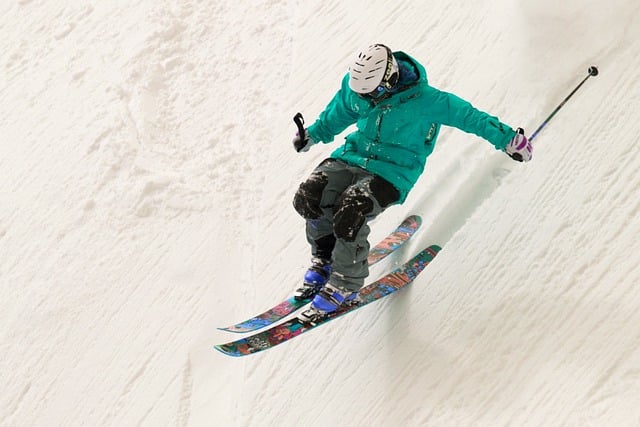
Skiing
In skiing, where conditions can vary rapidly and unpredictably, cognitive skills are essential for maintaining control and safety on the mountain. Skiers must continuously assess factors such as snow conditions, terrain features, and potential hazards while skiing at high speeds down slopes. For example, skiers need to quickly adjust their technique and body position to respond to moguls, icy patches, or unexpected obstacles. Additionally, cognitive training helps skiers anticipate changes in terrain, select the best line down the mountain, and execute turns with precision. By incorporating cognitive training into their practice routines, skiers can improve their decision-making abilities, enhance their spatial awareness, and ultimately enjoy a safer and more fulfilling skiing experience.
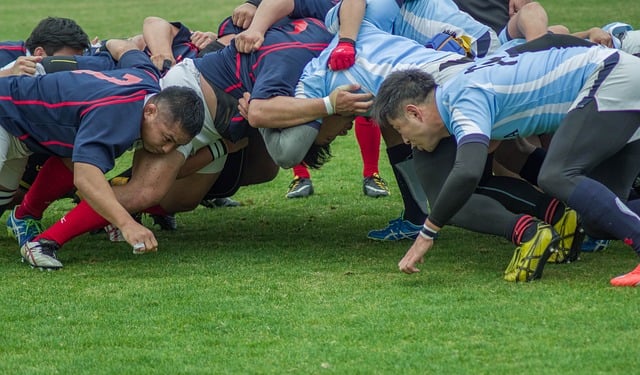
Rugby
In rugby, where split-second decisions can dictate the flow of the game, cognitive skills are crucial. Players must quickly assess defensive formations, anticipate opponents' movements, and execute strategic plays under pressure. For instance, a scrum-half needs to make rapid decisions about whether to pass the ball, kick for territory, or take a quick tap penalty based on the defensive alignment. Similarly, defenders rely on cognitive abilities to read attacking patterns, anticipate ball carriers' movements, and make crucial tackles or interceptions. Furthermore, cognitive training helps rugby players maintain focus and composure during intense matches, enabling them to react effectively to changing game situations. By incorporating cognitive training into their training regimen, rugby players can sharpen their mental acuity, improve their decision-making under pressure, and contribute more effectively to their team's success on the field.
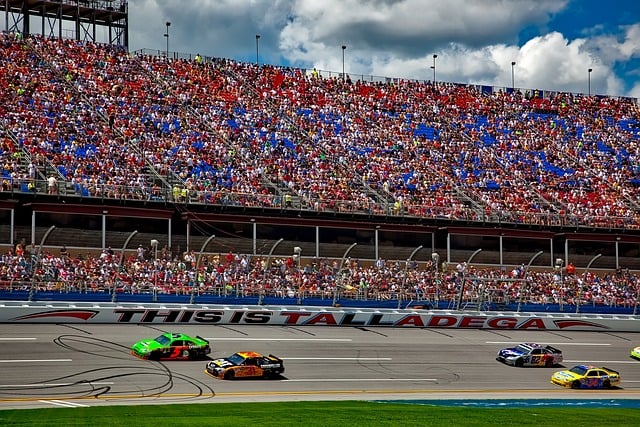
Auto Racing
In auto racing, where races are often decided by fractions of a second, cognitive skills are paramount. Drivers must process vast amounts of information, such as track conditions, tire wear, and competitors' positions, while navigating complex courses at high speeds. For example, during a race, drivers must anticipate braking points, calculate optimal racing lines, and respond quickly to changes in track conditions or competitors' maneuvers. Additionally, cognitive training helps drivers stay calm and composed under intense pressure, enabling them to make strategic decisions and adjustments to their driving technique throughout the race. By incorporating cognitive training into their preparation routines, auto racing drivers can enhance their mental acuity, improve their decision-making skills, and increase their chances of success on the track.
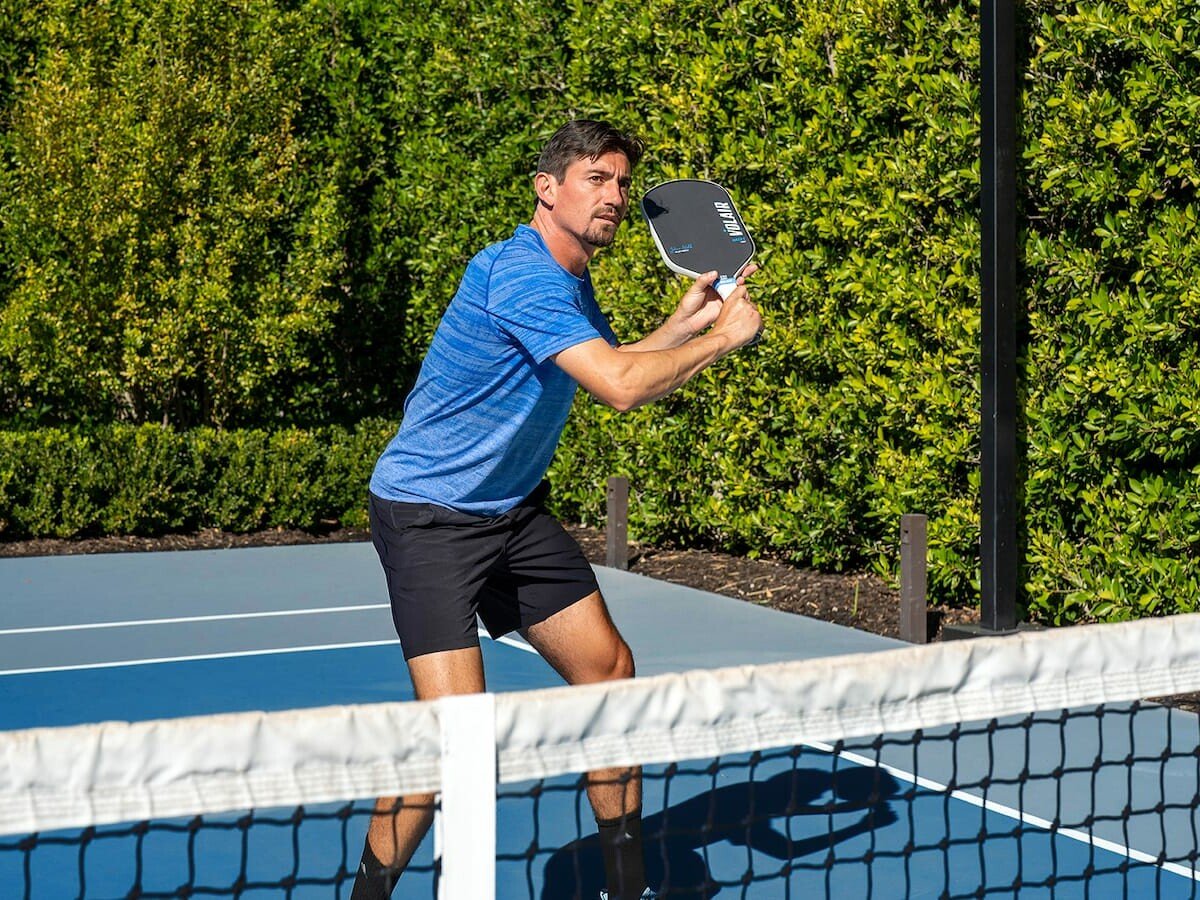
Pickleball
In pickleball, where speed, precision, and split-second reactions are essential, cognitive training can be the key to gaining a competitive edge. Players must constantly assess their opponents’ positioning, anticipate shot direction, and decide whether to dink, drive, or volley—all within fractions of a second. For example, during a fast-paced rally at the kitchen line, a player must maintain intense focus, track multiple moving elements, and quickly shift from defense to offense. Cognitive training strengthens skills like reaction time, hand-eye coordination, visual tracking, and decision-making—allowing players to stay one step ahead. It also builds the mental stamina needed to maintain composure and focus through long matches or high-pressure points. By incorporating Mastermind Cognitive Training into their regimen, pickleball players can sharpen their mental reflexes, reduce unforced errors, and play with greater confidence, consistency, and control.
Don't See Your Sport?
The essential performance skills you can develop through Mastermind Cognitive Sports Training can translate to any sport. If you are looking to maximize your performance, we’ve got your back. If your sport involves your brain — Mastermind can help you elevate your game.
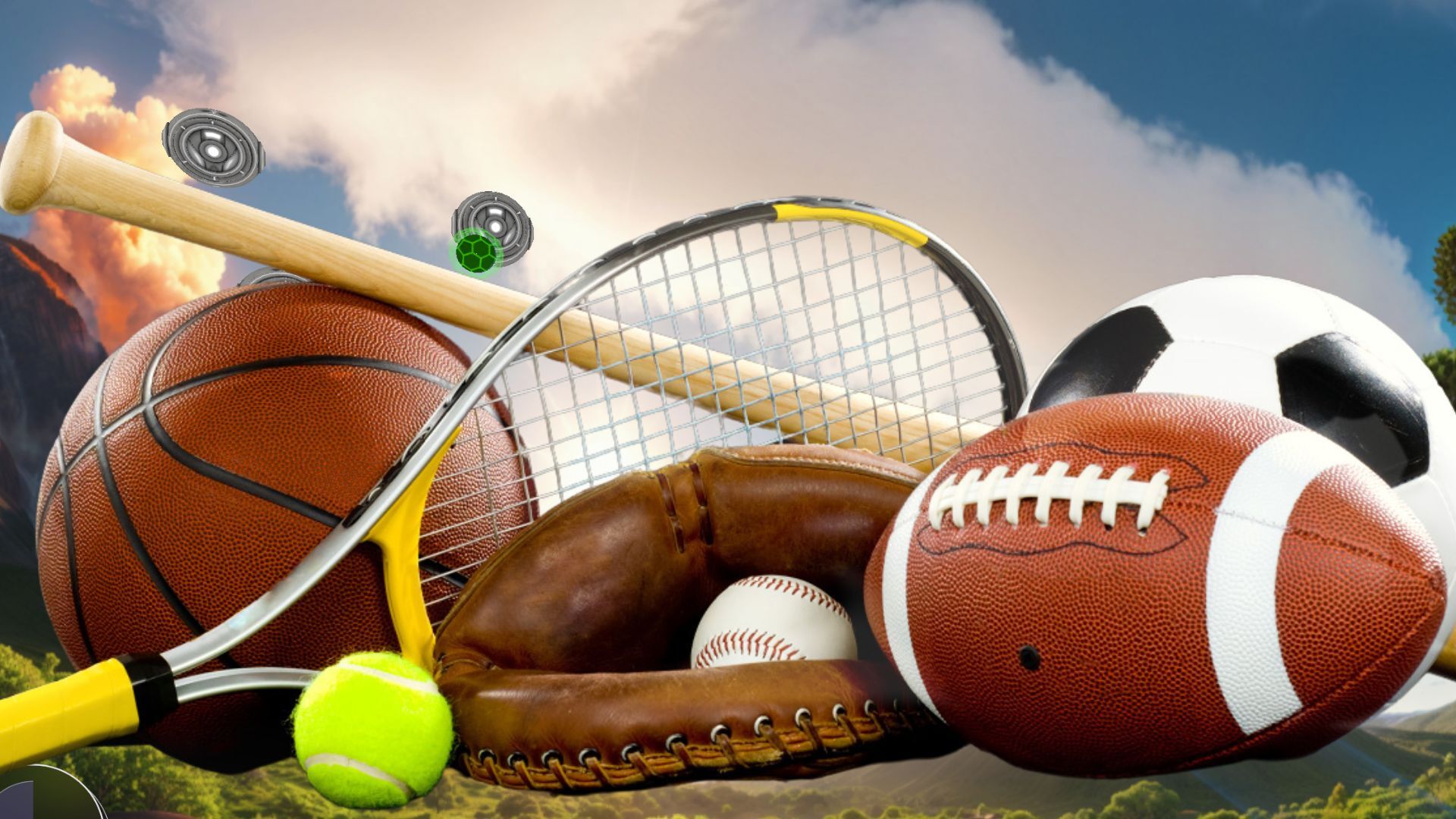
partner with mastermind
Schedule a demo and find out more about the Mastermind Cognitive Training program and how it can help your athletes and organization.
Related Programs

Cognitive Exercises for Seniors
We help aging adults enhance their cognitive skills by combining the latest advancements in neuroscience and eye-strengthening techniques.

Cognitive Training for Businesses
Achieve peak performance at work and in life by developing the foundational skills necessary to improve focus, memory, problem-solving, and overall productivity.
.jpg)
Cognitive Training for Public Service
By engaging in cognitive training exercises, first responders can improve their mental acuity, enhance their situational awareness, and ultimately save lives in critical situations.

Cognitive Training for Education
By incorporating cognitive training techniques into educational practices, teachers can empower students to become independent learners, heighten focus and attention and improve their academic achievements.